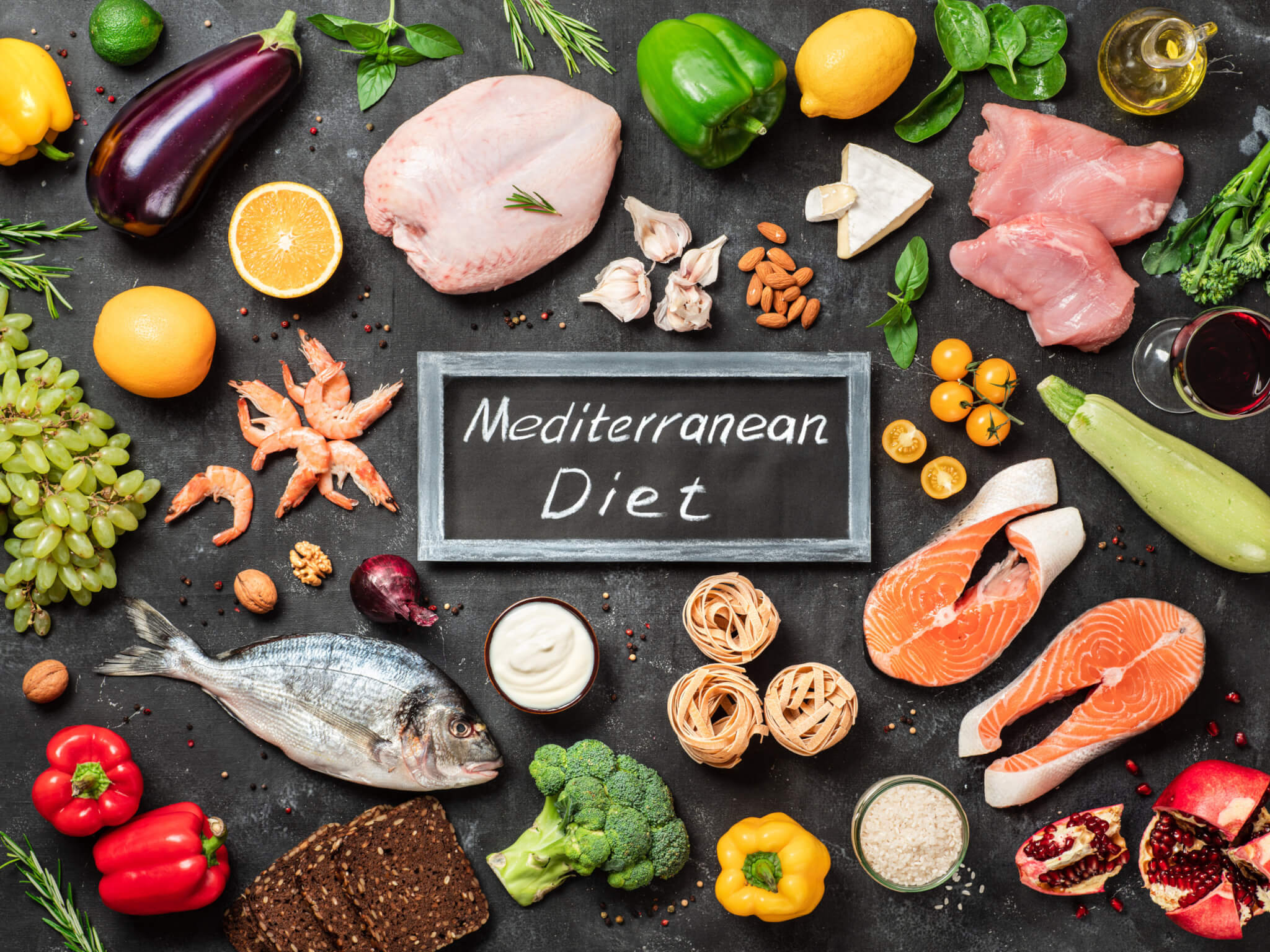🔑 Key Findings:
- Tryptophan, a well-known part of turkey, may fuel arthritis onset.
- Indole, a byproduct of breaking down tryptophan, is a key inflammatory agent.
- Switching to the Mediterranean diet may improve gut health.
AURORA, Colo. — Can eating a turkey sandwich lead to arthritis? Researchers from the University of Colorado’s Department of Medicine are shedding light on a complex process where common dietary components — like tryptophan — can inadvertently fuel inflammatory diseases.
Tryptophan, an essential amino acid found in foods like meats, fish, dairy, and certain seeds and nuts, is well-regarded for its vital role in human health, aiding in protein production, muscle building, and neurotransmitter synthesis. Contrary to popular belief, its presence in turkey is not the main culprit behind the post-Thanksgiving dinner drowsiness.
The crux of the research focused on a paradox: how tryptophan, generally beneficial to our health, can be transformed by gut bacteria into compounds that escalate the risk of inflammatory diseases, including rheumatoid arthritis. This condition, affecting roughly one percent of the global population, can lead to severe joint pain, swelling, and deformities if not properly managed.
“It’s been known that the microbiome — the bacteria in our gut — can break down tryptophan into byproducts. Some of those byproducts are anti-inflammatory, but we’ve also associated some inflammatory causes of those products,” says study co-author Kristine Kuhn, Scoville Endowed Chair and head of the CU Division of Rheumatology, in a university release. “We’re the first to highlight which products are contributing to inflammation, and how they are doing that.”

Utilizing experiments with mice, the team demonstrated a direct link between tryptophan consumption, bacterial metabolism, and the development of arthritis. By manipulating the gut microbiome through antibiotics or dietary adjustments, they observed a significant impact on the disease’s progression, pinpointing indole — a byproduct of tryptophan breakdown — as a key inflammatory agent.
Further experiments revealed that indole presence was associated with an increase in certain immune cells and antibodies, signaling a heightened inflammatory response. This discovery opens the door to potentially groundbreaking treatments aimed at blocking indole generation, offering a new therapeutic pathway for managing rheumatoid arthritis and related conditions.
Dr. Kuhn’s findings also hint at dietary strategies for mitigating arthritis risk.
“A diet that’s rich in plant-based fibers and lean meats – this whole Mediterranean diet – seems to push the microbiome into a healthier state, so that you are getting the anti-inflammatory properties of tryptophan, whereas the typical Western diet seems to go more toward the inflammatory pathway,” explains Dr. Kuhn.

Additionally, researchers are pioneering efforts to identify individuals at risk of developing rheumatoid arthritis before symptoms manifest, based on specific blood markers.
“There’s some data that suggests we could intervene during that period and prevent disease, but we’re not quite sure yet what are the right ways to intervene,” notes Dr. Kuhn.
This research not only highlights the intricate relationship between our diet, gut bacteria, and immune system but also offers a beacon of hope for millions suffering from or at risk of inflammatory diseases. By unraveling the mysteries of this complex interplay, scientists are edging closer to developing targeted therapies and dietary recommendations that could significantly reduce the burden of these debilitating conditions.
The study is published in the Journal of Clinical Investigation.



